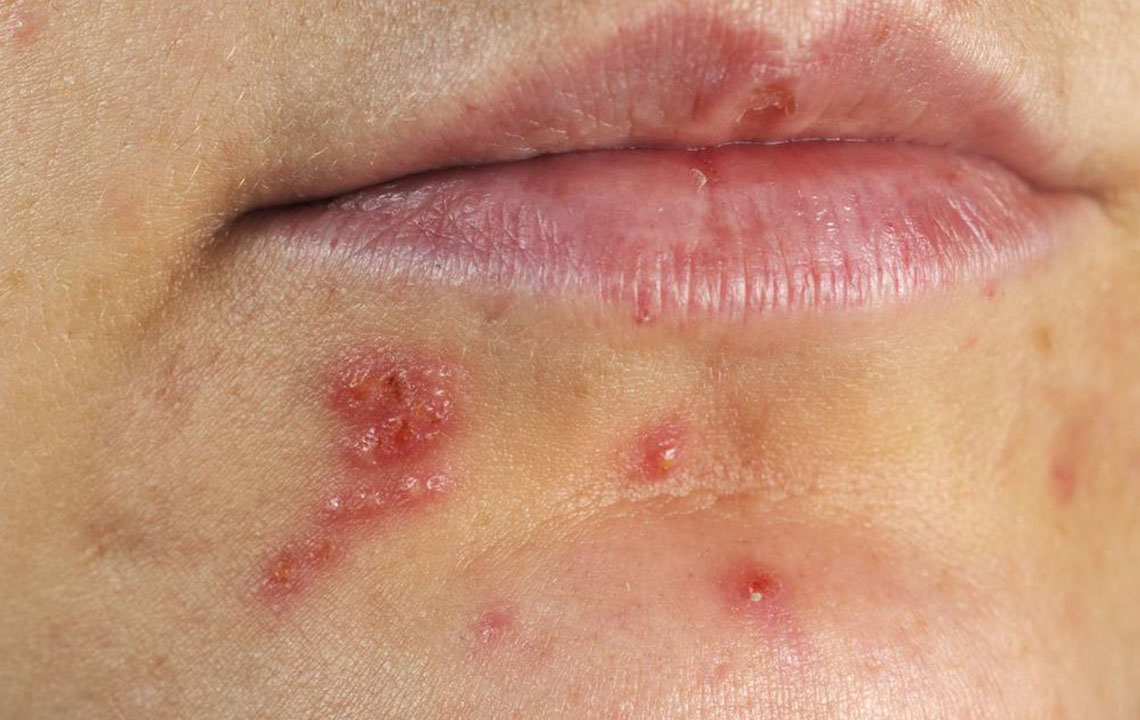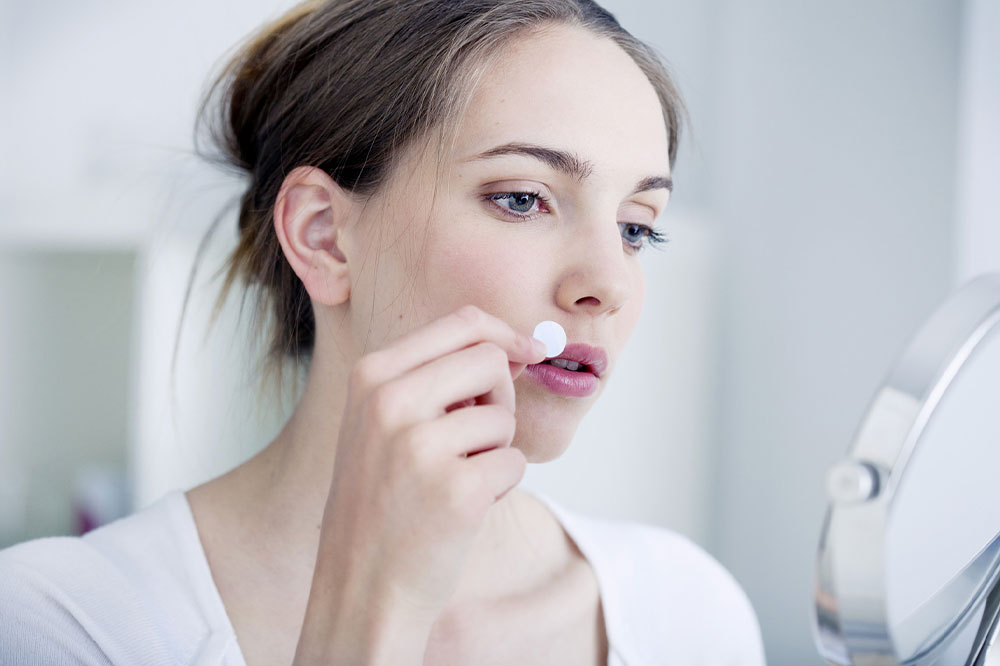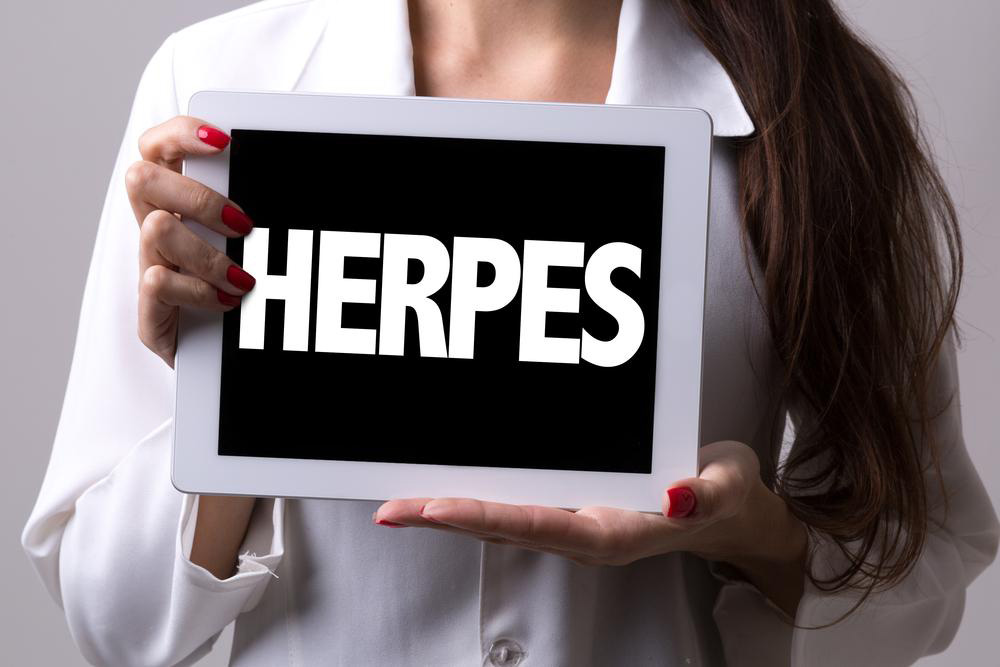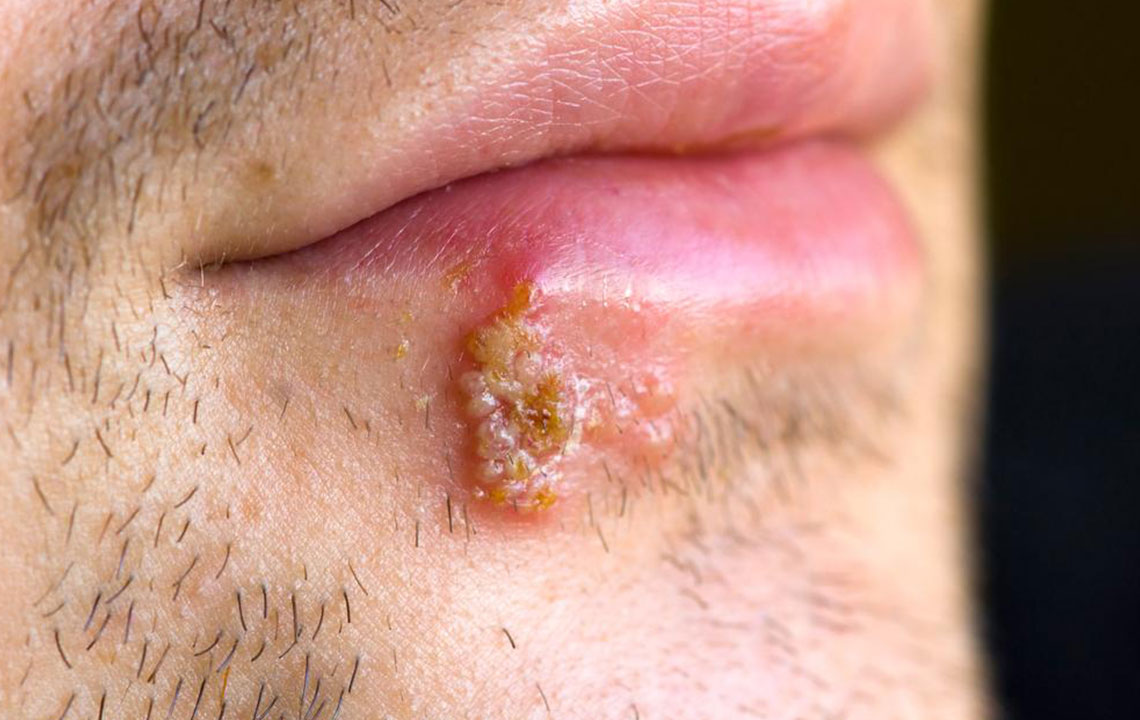Comprehensive Strategies for Effective Herpes Symptom Management
Herpes is a lifelong condition with no cure, but symptoms can be effectively managed through a combination of medical treatments, natural remedies, and home care practices. This comprehensive guide provides detailed strategies to reduce outbreaks, relieve discomfort, and promote healing, empowering individuals to take control of their skin health and improve quality of life through early intervention and natural support.

Comprehensive Strategies for Effective Herpes Symptom Management
Herpes simplex virus infections are persistent, lifelong conditions that affect millions worldwide. While there is currently no complete cure for herpes, understanding how to effectively manage its symptoms can significantly improve quality of life. The combination of medical treatments, natural remedies, and home care practices can help suppress outbreaks, reduce discomfort, and promote healing. This comprehensive guide explores various proven and alternative strategies to handle herpes symptoms effectively and minimize their impact on daily life.
Herpes is characterized by recurrent outbreaks of painful sores, usually around the mouth or genitals. The virus remains dormant in nerve tissues and reactivates periodically. Managing these outbreaks requires a multi-faceted approach that includes medical intervention, lifestyle adjustments, and natural remedies.
Medical Treatments: Essential for Herpes Management: Consulting with healthcare professionals is crucial when dealing with herpes. Medical providers can assess the severity of outbreaks and recommend appropriate therapies. Antiviral medications, such as acyclovir, valacyclovir, and famciclovir, are the first line of treatment. These drugs help to reduce the frequency, duration, and severity of outbreaks by inhibiting viral replication.
Additionally, topical antiviral creams like penciclovir or docosanol can be applied directly to sores to accelerate healing. When outbreaks are frequent or severe, doctors may prescribe suppressive therapy, which involves daily antiviral medication to decrease the risk of transmission and reduce recurrence. Prompt medical attention at the first signs of an outbreak, such as tingling or itching, can lead to more effective symptom control and faster recovery.
Natural and Supplementary Remedies: Supporting the Body Naturally: Many individuals seek natural options alongside medical treatments to manage herpes symptoms. Natural remedies can soothe sores, alleviate pain, and potentially reduce outbreak severity. Aloe vera stands out for its anti-inflammatory and healing properties, providing cooling relief and promoting tissue repair. Garlic, rich in antiviral compounds, is also used to support the immune system and combat virus proliferation.
Elderberry, renowned for its immune-boosting effects, may assist in preventing outbreaks or lessening their severity. Licorice root contains antiviral properties and has been traditionally used in herbal medicine to treat herpes lesions. Zinc ointments are popular for their role in wound healing and immune support, making them suitable for treating active sores. Over-the-counter supplements like vitamin C and L-lysine are also common choices to reinforce the immune defense and reduce outbreak frequency.
Incorporating these natural remedies into your routine should always be discussed with a healthcare provider, especially when combined with pharmaceutical treatments.
Essential Oils and Home Care: Simple, Natural Soothing Solutions: Essential oils offer a natural means of soothing herpes sores and reducing discomfort. Tea tree oil possesses antiviral and antiseptic properties, helping to prevent secondary infections while soothing irritated skin. Geranium oil can promote healing through its anti-inflammatory effects, and sandalwood oil is valued for its calming and skin-healing qualities. Eucalyptus oil, with its antiviral activity, may help in reducing viral load on the skin.
Applying these oils diluted in carrier oils like coconut or jojoba provides a natural way to care for herpes lesions. Additionally, using calming balms or ointments infused with these essential oils can provide rapid relief from pain and irritation.
Home remedies also include applying cold packs directly to sores. Cold compresses can reduce swelling, numb nerve endings, and provide substantial pain relief temporarily. Maintaining a hygienic environment, avoiding triggers like stress, and wearing loose clothing to prevent friction can further promote healing and comfort.
Combining medical treatment with these natural and home care strategies offers a holistic approach to controlling herpes symptoms effectively. Early intervention, consistent care, and professional guidance are critical in minimizing outbreaks' impact on your daily life.
In conclusion, managing herpes symptoms is achievable through a combination of prescribed antiviral medications, natural remedies, and home care practices. Understanding your triggers, maintaining good hygiene, and seeking prompt medical advice at the first signs of an outbreak can make a significant difference. With these strategies, individuals affected by herpes can lead more comfortable and healthier lives.





